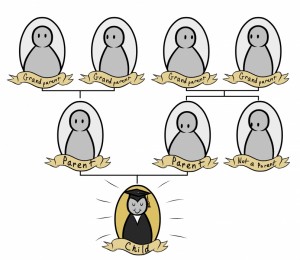
1. What lead you to do this research?
Watching the proliferation of organizations for first-generation college students, it occurred to me that while I would be categorized as “first-generation” today, I was neither explicitly categorized as such when I was in college nor had I heard the label “first-generation” as a student. Intrigued, I found that many programs aimed explicitly at first-generation students, and intense academic interest in this group, did not emerge until the early 2000s. I became interested in this category as a social construction.
2. What should everybody know about what you found?
While there are potential benefits to categorizing students as first-generation (e.g., helping them to cope with academic and social expectations at college) there are also potential drawbacks. These drawbacks occur when schools attach cultural meanings to the first generation category, for example, by framing first-generation students as individuals who need to distance themselves from their families of origin and home communities in order to win the prize of upward mobility. As a consequence, first-generation students are positioned as having to choose between home and school. Faced with this decision, they are encouraged to think about themselves as upwardly mobile individuals who need to unburden themselves of the constraints of social class. This poses a threat to the development of a critical class consciousness. My research suggests that these are negative outcomes for students, but that they serve the interests of selective colleges, in particular.
I plan to explore the cultural meanings attached to the first generation category at other kinds of schools to see how meanings attached to this category may differ by type of postsecondary institution.
You can read the full article here:
Tina Wildhagen, “Not Your Typical Student”: The Social Construction of the “First-Generation” College Student, Qualitative Sociology, 2015.




Comments